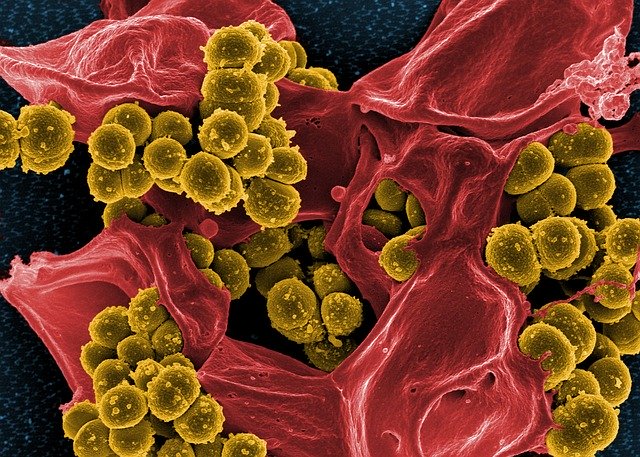Russell Skinner, MDDid you ever consider there is more in your gut than your latest meal? Gut flora, or microbiota, is the microbe population which is found in the digestive tract. The complex ecosystem that harbors these microbes is called the microbiome. The microbiome is composed of numerous species of bacteria, fostering both good and bad. Good bacteria are vital for daily health by assisting in digestion, creating vitamins, and protecting the body’s system against infection. Bad bacteria won’t be problematic as long as there’s an adequate amount of good bacteria to combat the harmful ones from overpopulating the body’s system. If bad bacteria outnumber the good, then it can cause Dysbiosis.
Dysbiosis can be the root cause of generating seemingly unrelated disorders, especially in the brain. Dysbiosis is the bacterial imbalance of the gut which alters the microbiome and can prevent proper food digestion. Food in the digestive tract can rot and putrefy, enabling the harmful bacteria to grow and multiply. All of this contributes to intestinal inflammation which could allow toxins to seep through the gut-lining, entering the flow of blood. When damaging molecules pass through the mucosal lining, entering the body, this condition is known as leaky gut. The Gut-Brain Axis An imbalance in the digestive tract could be harmful to the neuro-processes. The gut and brain may appear unconnected, each having different functions, but there’s a distinct correlation. A change in the gut progressively affects the brain, and is known as the gut-brain axis. Not only does the vagus nerve directly connect the brain and stomach, but three quarters of the body’s neurotransmitters are made in the gut. Because of this, many call the gut the “second brain.” Gut flora impacts various brain functions, affecting thoughts, mood, and memory. When toxins seep through the blood-brain barrier, one’s overall behavior can be affected, triggering anxiety, stress, and depression. A 2017 study, published in Nature magazine, casts new light on the gut and brain connection, unraveling the complex interplay that allows the byproducts of microorganisms living in the gut to influence the progression of multiple sclerosis and other neurological diseases. According their findings, neurological disorders can be traced to a bacterial imbalance in the gut. So what can be done? What actions can be taken to restore the damage in the gut? It’s important to understand that the food one consumes carries the power to heal or destroy the gut. It makes sense to accelerate the gut’s healing through proper diet. Nutrition is key. Replace the harmful bacteria by a diet consisting of vegetables, fruits and a variety of whole grains. Also, try selecting foods rich in probiotics and fiber. Refined sugar feeds yeast and other harmful bacteria, and so it should be avoided to promote gut healing. A lifestyle of chronic stress can also deplete the beneficial gut bacteria, and so the implementation of stress-reducing activities, such as meditation and exercise, should be considered. Understanding the link between the digestive tract and the brain is important to promote optimal gut and mental wellbeing. Remember a healthy gut equals a healthy brain. Comments are closed.
|
Archives
October 2022
Categories
All
|
|
FOLLOW US
|
RESOURCES
|
©2020-2024 Ronit Mor LLC. ALL RIGHTS RESERVED
All statements on this website have not been evaluated by the Food and Drug Administration. The content of this website is not intended to diagnose, treat, cure, or prevent any disease.
All statements on this website have not been evaluated by the Food and Drug Administration. The content of this website is not intended to diagnose, treat, cure, or prevent any disease.


 RSS Feed
RSS Feed
